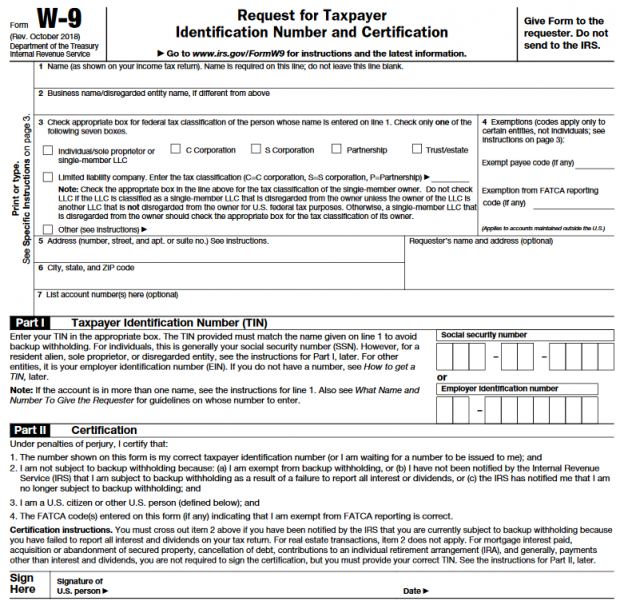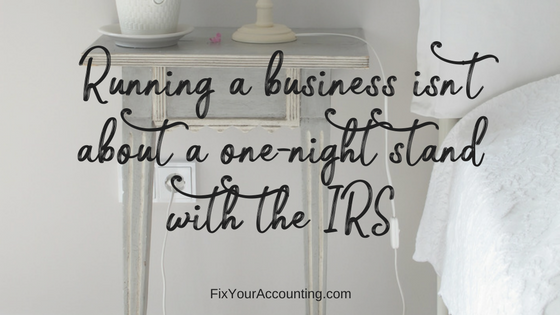Category: Blog
-

IRS form W-9 is a tool not a weapon
The purpose of IRS form W-9 is to gather information from independent contractors (and others) in order to prepare IRS form 1099. That’s it. Completing form W9 does not guarantee you will receive a 1099 because there are other considerations outside the scope of this article. I’ve always been puzzled why so many view the…
-

Reconciling your bank account: what the point?
Why should you reconcile your bank accounts? In the accounting world, one of the main activities each month is reconciling bank accounts. The point of reconciling your bank accounts is to verify you’ve entered all the transactions listed on your bank statement correctly. It’s how you discover mistakes – yours or the bank.
-

The funny thing about owning a business.
The funny thing about running a business today is that you can feel pretty invincible. After all, you can ask Google any question you have on any topic. If you don’t feel like consulting Google, you can pop into your favorite Facebook group and post your question and sit back and wait for the answers…
-

Economic Nexus: How It Affects Your Business
On Thursday, June 21, 2018, the U.S. Supreme Court overturned the 1992 Quill physical nexus decision and made economic nexus the new norm. What is economic nexus? The Supreme Court ruling redefines nexus as having a business presence based on the dollar amount or number of transactions you deliver to a particular state. For example,…
-
How to Hire An Accountant that Won’t Wreck Your Business
This post has been a long time in the writing. It is controversial but I believe this must be said. I’m not writing this to put down every accounting professional out there because I think you should only hire me. While I likely have the expertise to help your business, I may not be the…
-

Hubdoc: The 24/7 Assistant
Hubdoc is an assistant who works 24/7. Have you ever counted how many online accounts you have? Do you enjoy that scramble to find your logins to download a full year of statements? Face it. Logging into 30+ online accounts to download statements, receipts, invoices, and more is not fun. Especially when you forgot your…
-

Which accounting software?
The truth is that your bookkeeping is a nightmare because you ignore it until the last possible moment. The fact is that your accounting software should be chosen, set-up, and used on a daily basis to provide awesome service to your clients. Done correctly, your bookkeeping will show you the results of every business decision…
-

3 Mistakes Business Make With Their Finances
1. Waiting too long to set-up accounting software Many businesses wait until the second or third year of operations to set up a bookkeeping system. One reason is the realization your business has a good chance of making it. Another reason is that it’s time to apply for a business loan and the bank asked…
-

Amazon: Is it the right way to grow your business?
I don’t believe there is one sure-fire method to growing your business. What worked for one person to grow a business may not work for you or me. A system to grow your business to XX dollars in XX time is a system that worked for that person with certain education, experiences, and personality. Will…
-
Is your business ready for a disaster?
The historic storm on the east coast brought this question back to me. Think about it. If everything in your office were lost to fire or flood, how would you continue your business? By everything, I mean all computer, files, and papers. How would you pay your employees or vendors? How would you know which…